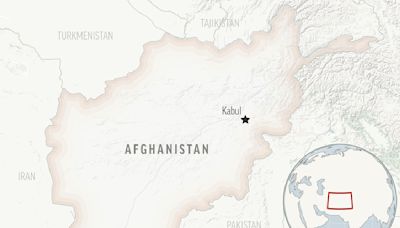Search results
Human rights are rights we have simply because we exist as human beings - they are not granted by any state. These universal rights are inherent to us all, regardless of nationality, sex, national or ethnic origin, color, religion, language, or any other status.
A milestone document in the history of human rights, the Universal Declaration of Human Rights set out, for the first time, fundamental human rights to be universally protected.
Human rights are moral principles or norms [1] for standards of human behaviour and are regularly protected as substantive rights in substantive law, municipal and international law. [2]
4 days ago · Human rights, rights that belong to an individual or group of individuals simply for being human, or as a consequence of inherent human vulnerability, or because they are requisite to the possibility of a just society. Whatever their theoretical justification, human rights refer to a wide continuum.
Feb 26, 2022 · Here is the full list of 30 human rights according to the Universal Declaration of Human Rights (UDHR) by the United Nations, signed in Paris on 10 December 1948: 1. All human beings are free and equal
The Universal Declaration of Human Rights (UDHR) is a milestone document in the history of human rights. Drafted by representatives with different legal and cultural backgrounds from all regions of the world, it set out, for the first time, fundamental human rights to be universally protected.
Human rights include the right to life and liberty, freedom from slavery and torture, freedom of opinion and expression, the right to work and education, and many more. Everyone is entitled to...
Human rights are standards that recognize and protect the dignity of all human beings. Human rights govern how individual human beings live in society and with each other, as well as their relationship with the State and the obligations that the State have towards them.
The Universal Declaration of Human Rights (UDHR) is a document that acts like a global road map for freedom and equality – protecting the rights of every individual, everywhere.
Freedom from discrimination. Everyone can claim their rights regardless of sex, race, language, religion, social standing, etc.






